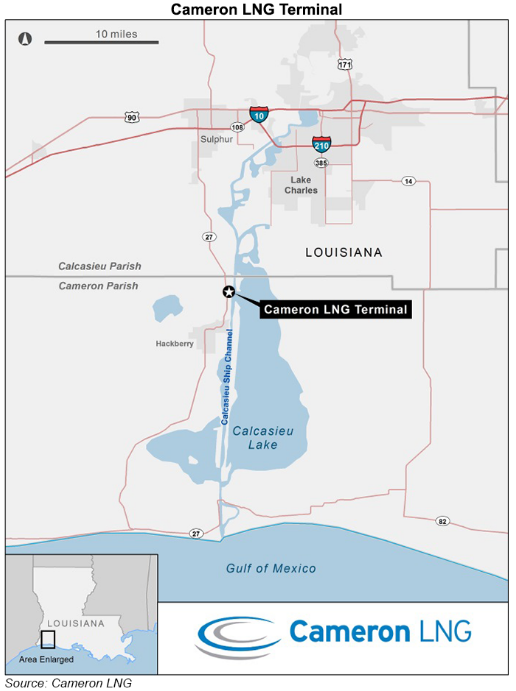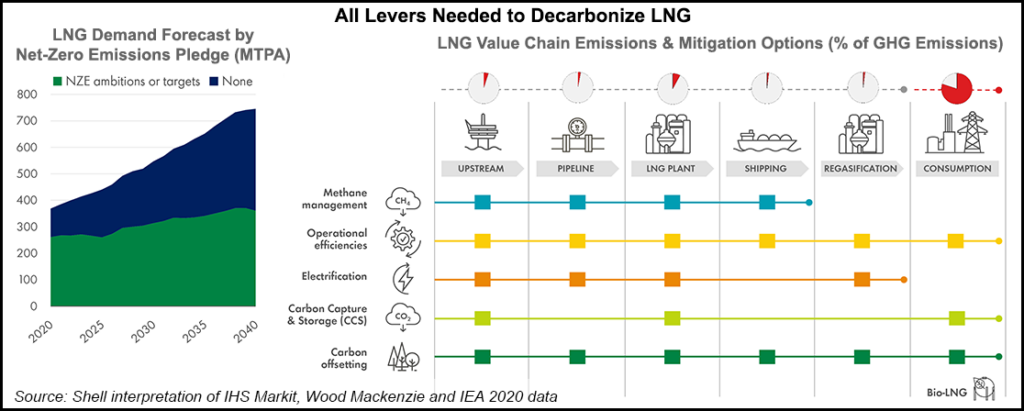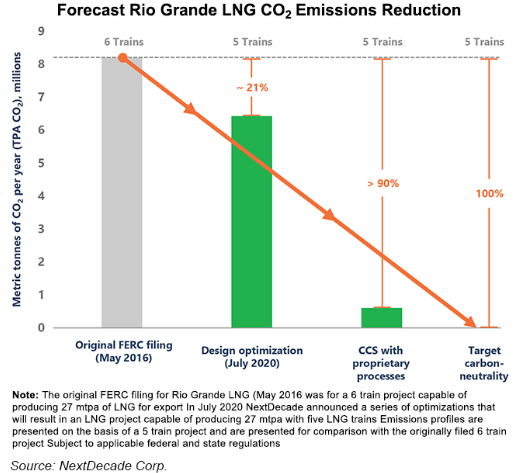There are a handful of “renewable” headlines in today's daily report, and it is probably worthwhile discussing the differences. First; the linked Gevo RNG announcement is likely one of several RNG projects that we will see come online in 2022, as there are a number of farm-based RNG projects underway in the US and other parts of the world. The Gevo facility is based on farm manure and is expected to produce 355,000 MMBtu of RNG per year. As such it is not large, and all of the farm-based projects are small in the larger context of the natural gas markets. However, when focused on decarbonizing a specific product or process this RNG can be very important. Our take on the market is that there will likely be more demand for RNG than supply, as several companies are looking for RNG to make proposed investments make sense from a “green” perspective (Monolith would be a good example). This suggests that it will be better to be a seller than a buyer longer-term.
The Focus On Renewables Is Intensifying Everywhere
Feb 1, 2022 12:09:01 PM / by Graham Copley posted in ESG, Sustainability, LNG, CO2, Renewable Power, decarbonization, Gevo, carbon footprint, natural gas, power, renewables, climate, Freeport LNG, decarbonize LNG, Cheniere, RNG, RNG projects, natural gas market, Cameron LNG
Energy Is Going To Be A Real Challenge In 2022 Regardless
Jan 14, 2022 2:36:39 PM / by Graham Copley posted in ESG, Sustainability, LNG, Coal, Energy, decarbonization, IEA, natural gas, renewable energy, EV, climate, materials, decarbonize LNG, material shortages, transition fuel
The first chart below has been included in a similar form in prior work and is a good summary of what is needed to decarbonize the LNG market to the greatest degree possible. There is a lot of resistance to the idea of endorsing natural gas as a transition fuel, but so many developed and developing countries need natural gas – often in the form of LNG – to displace or avoid (additional) coal use. If the LNG industry does not start to pursue the paths suggested in the exhibit, and reasonably quickly, it will stand very little chance of winning, or perhaps surviving, a PR battle that is very much stacked against it.
As The Focus On Carbon Increases, Fairness Will Become An Issue
Nov 23, 2021 12:31:25 PM / by Graham Copley posted in ESG, Hydrogen, Sustainability, LNG, CCS, CO2, Emissions, Carbon Price, Air Products, decarbonization, BASF, carbon abatement, climate, Venture Global, Freeport LNG, Golden Pass, Cameron, NextDecade, decarbonize LNG, Cheniere
In our ESG and Climate report tomorrow we are focusing on the very wide range of carbon prices and the structures of the various emission reduction incentive schemes, with a focus on what it does to the competitive landscape within the impacted markets. For example, with the government subsidy being offered to BASF and Air Liquide for the CCS project in Antwerp, some level of competitive edge will be granted to the companies, because similar subsidies might not be available to others. Last week we discussed the very wide range of potential carbon abatement costs for companies in the same business, driven by technology and geography. If we add to that the potential for some projects to attract subsidies, while others do not, we change the landscape of the competitive playing field. Could we, for example, see BASF shutter production in Germany, where abatement costs are high, and move more manufacturing to Antwerp – something likely to be very unpopular with the German government and trade unions. This is more problematic in Europe because of the open trade policy. For Germany to give the same benefit that BASF has at Antwerp to chemical manufacturers in Germany could be prohibitively expensive given the much higher inland costs of CCS in Europe, assuming any permits would be issued. Alternatives to CCS, such as the electrification of industrial heating processes or the use of hydrogen as fuel might be equally expensive. We see some of the select European subsidies possibly causing discord between the member states.




